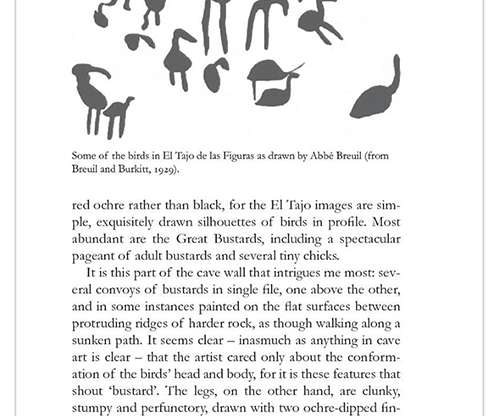H. B. Acton (1908-1974) on Animal Rights
Animal Ethics
OCTOBER 23, 2009
I will conclude with some remarks about the rights of animals. When it is asked whether animals have rights, and whether human beings have duties to them, the question, I think, is partly moral and partly verbal. Let us consider the moral question first. Hominum causa omne ius constitutum.)















Let's personalize your content